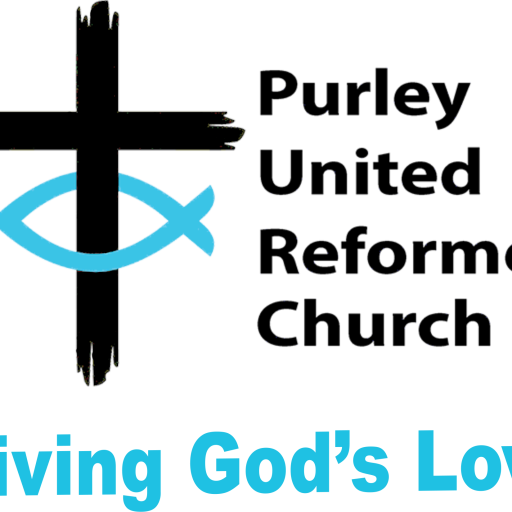Dear Friends,
Recently many of us were moved by the commemorations to mark the 70th anniversary of the liberation of Auschwitz. In the manse, with Cameron’s cello resting on its stand in the corner of the dining room where he practices, we were particularly struck by the story of a survivor, Anita Lasker-Wallfisch, who escaped the horrors of the gas chamber because she played in the camp orchestra and the SS commanders liked her music and her playing. “The cello saved my life” she hauntingly remarked.
The horror of the holocaust still casts a dark shadow over our world today. The bare facts remain too hard to comprehend, but we have to understand them, they cannot be ignored. I read that if we held a minute’s silence for every victim of the Holocaust then we would be silent for eleven and a half years.
Survivors, like Anita, understandably urge the world to remember. They are not alone. Lutz-Michael Sylvester, the minister of our partner church in Dessau, movingly said the same thing in his ‘Epistle from Dessau’, which was read on Partnership Sunday. The tragedy must never be forgotten. We remain challenged to ask how millions of men, women, and children were murdered with planned and systematic efficiency.
Sadly, what has taken place since the Holocaust in Rwanda, Bosnia, Darfur, Syria and elsewhere leaves us fearful that we have not moved on. It is a challenge to the Christian Church that the involvement of ‘religious’ people in what happened at Auschwitz has been enough to rid some people of any kind of belief in a good God.
Indeed, there are some experiences of ‘evil’ before which we defend our faith only with deep sensitivity. We listen with respect to those like Elie Wiesel who speak for the victims. In Night, an account of his experience in concentration camps, Wiesel describes in painful and graphic detail his first viewing of a hanging, with the haunting question of the man behind him, ‘Where is God now?’.
And yet, in a television interview years later, Wiesel affirmed: ‘For a Jew to believe in God is good. For a Jew to protest against God is still good. But simply to ignore God, that is not good. Anger, yes. Protest, yes. Affirmation, yes. But indifference to God, no. You can be a Jew with God; you can be a Jew against God; but not without God.’ For Wiesel, the consequences of leaving God out of the Holocaust are worse than keeping God absent.
From a Christian perspective, it’s right to have a problem with ‘evil’. It’s an alien intrusion into God’s good world. But the gospel allows us to understand the gravity of evil, our complicity in it, and God’s determination to deal with it. For us, God’s wisdom and power are seen supremely in the story of Jesus, who confronted the forces of evil in his day and, although they thought they had defeated him, it became evident for those who followed him that the victory was in fact his. Good Friday was followed by Easter Day and Jesus, in the power of the Spirit of God became the ‘first fruits of a new creation’. There is a hope of unending joy for the earth – but not without God.
With love and prayers
Russell J Furley-Smith

